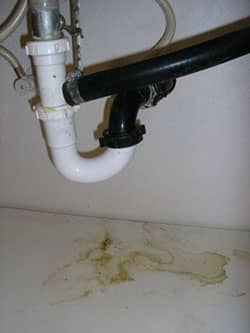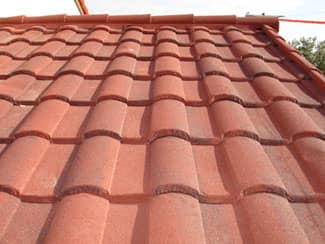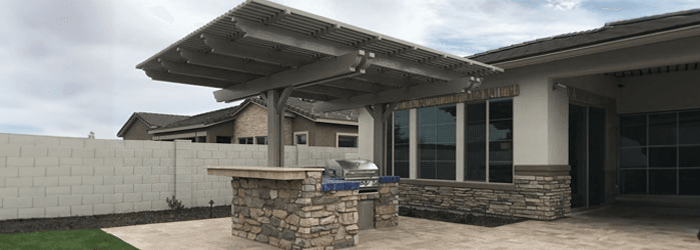You’re in the market to buy a home and now you think you’ve found just the right house. It’s in your price range and seems in good condition. Maybe the seller has even made some recent attractive improvements.
But how can you find out what the house is really like, especially when it’s an older home with potential but in need of TLC or when the house has been recently improved and remodeled?

Don’t just fall in love with the stainless steel in the updated kitchen or the new patio in the yard. Think of yourself as an investigator or a detective trying to pin down the whole story on the house. Most of the following recommendations apply primarily to previously owned homes:
1 | Ask your real estate agent lots of detailed questions
Of course, your agent will give you info on the sellers and property, including the price, but you want to know what other homes sold for in the area and how long the house has been in the hands of the current owner. For starters you can ask: Did the owners buy the house as an investment and are they now selling it without ever living in it? Are they increasing the price to much more than they bought the house for? What’s the neighborhood like and are there other areas with comparable homes for sale?
2 | Read the disclosure statement and any disclosure reports carefully
Then ask more questions if necessary. State law says sellers must disclose important information to buyers and must answer questions about any matters buyers are worried about. The Arizona Association of Realtors has a form that sellers fill out. Read it carefully.
Among issues a seller should disclose: past water leaks caused by plumbing or roofing; mold, electrical or AC problems; fires in the house, plus repairs or fixes; whether a noisy airport is nearby; structural problems like cracks in the floor and foundation problems, even if they were fixed; and termite or insect problems of any kind.
3 | Hire a home inspector to look at the house

Make any offer for the home contingent on your reviewing the disclosure statement and approving conditions found in the house in the home inspection. That inspection can turn up issues you want the seller to repair before escrow closes. Or the seller might provide funds to pay for the repairs. Or you might want to get out of the deal after all. You particularly want to find out about any potential problems with the roof, the electrical system, plumbing, heating and air conditioning, and termites – all of which can mean big ticket repairs. It’s also valuable to have your own termite report done.
4 | Check out any recent improvements
If big renovations were made by the current owner who hasn’t lived in the home before, perhaps the house is being “flipped” by an investor. That doesn’t mean that there is anything wrong with the house, but be sure that the price of the home isn’t overly inflated to pay for what was done.
Ask to see building permits and building inspections for any large remodels no matter who did them. Did someone change a carport into a garage or a patio or garage into a bedroom? If permits were pulled, were they taken out by a licensed contractor who is still in business? If an individual pulled the permits, request a list of all subcontractors and material suppliers. Is the price of the home now out of line with other homes in the area? If no permits were taken out, renovations may not be up to code. Ask to see receipts for repairs done to the home.
Try all the appliances to see if they work properly – whether they’re new or old. That should include stoves, ovens, dishwashers, garbage disposals and anything else. Refrigerators don’t automatically convey with the home because they are personal property. You can ask for the refrigerator and washer and dryer to be included.
5 | Find out what needed repairs or remodeling you might need to make

Maybe you want to buy a fixer-upper and get to work on the home yourself. A trusted contractor can probably give you some tips on how to change the house and how much it will cost. Then you can start budgeting for the work to be done in the future.
6 | Find out the deed restrictions
Is there a homeowner’s association? Read any deed restrictions, covenants and conditions. These will outline what you can do on a property and/or whether you need permission from the HOA to make changes or replacements to the exterior of the home.
Once you’ve got all the information, it’s going to be a lot easier to move forward with the process and make the right decisions.
###
Photo Credits:

















